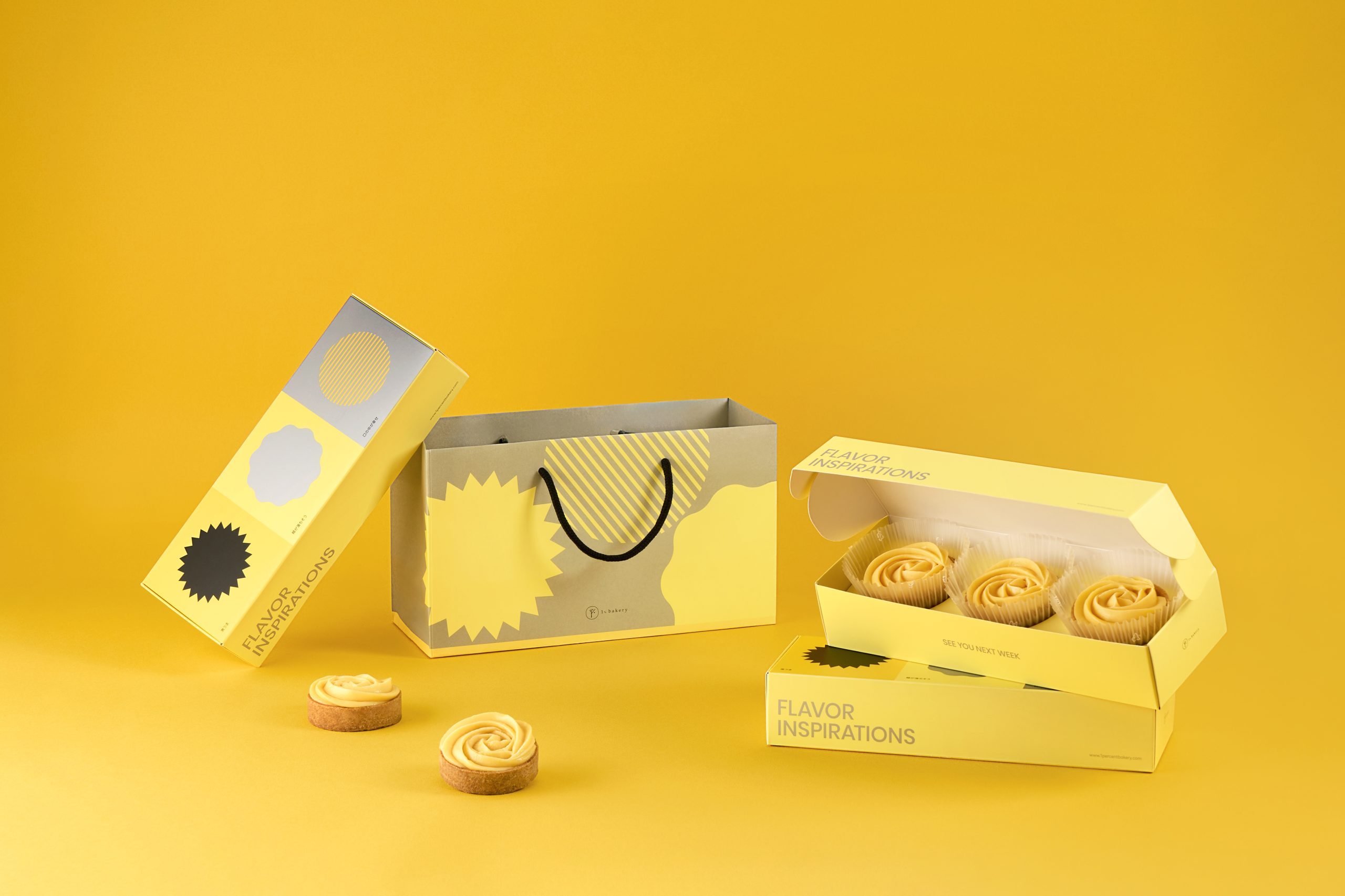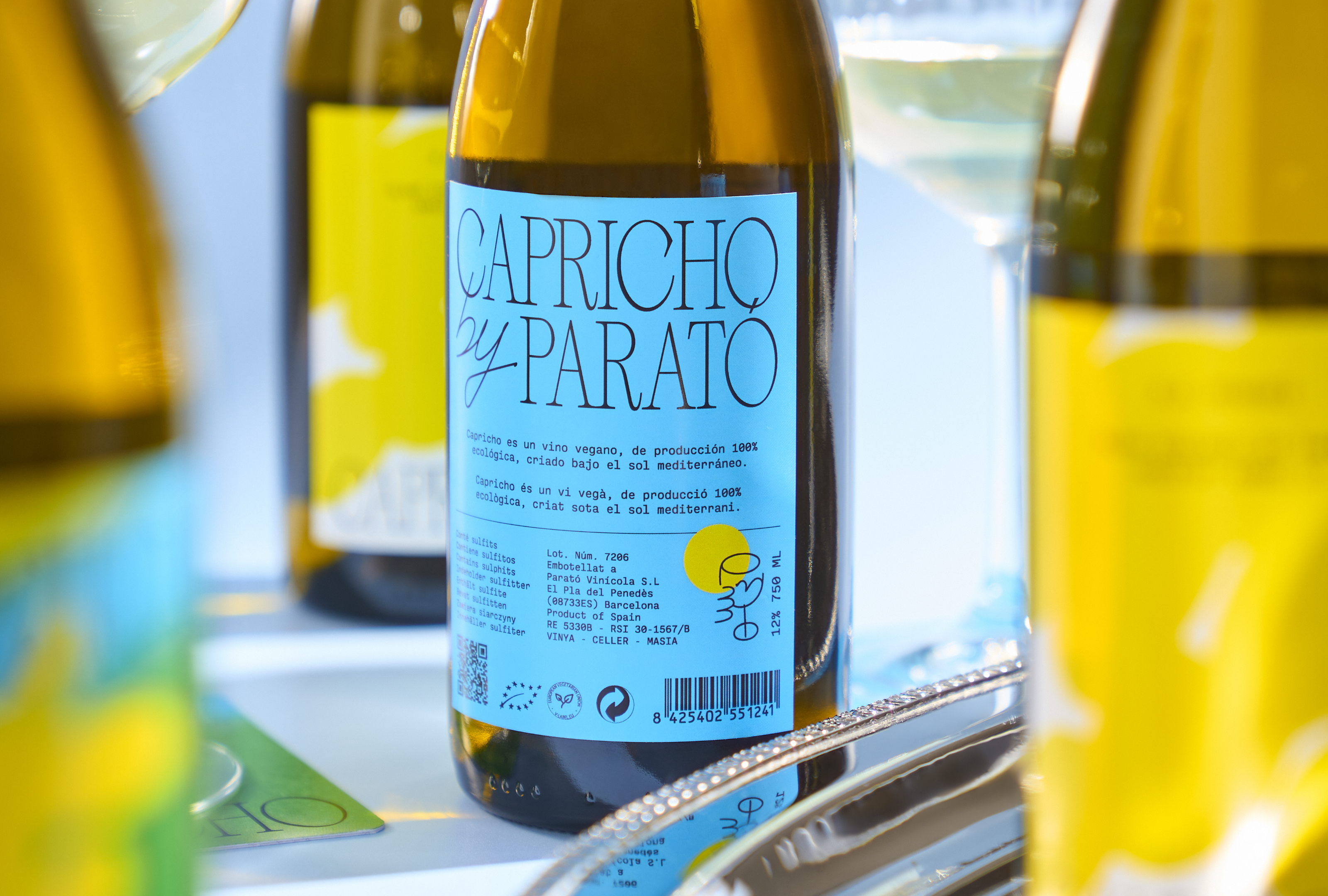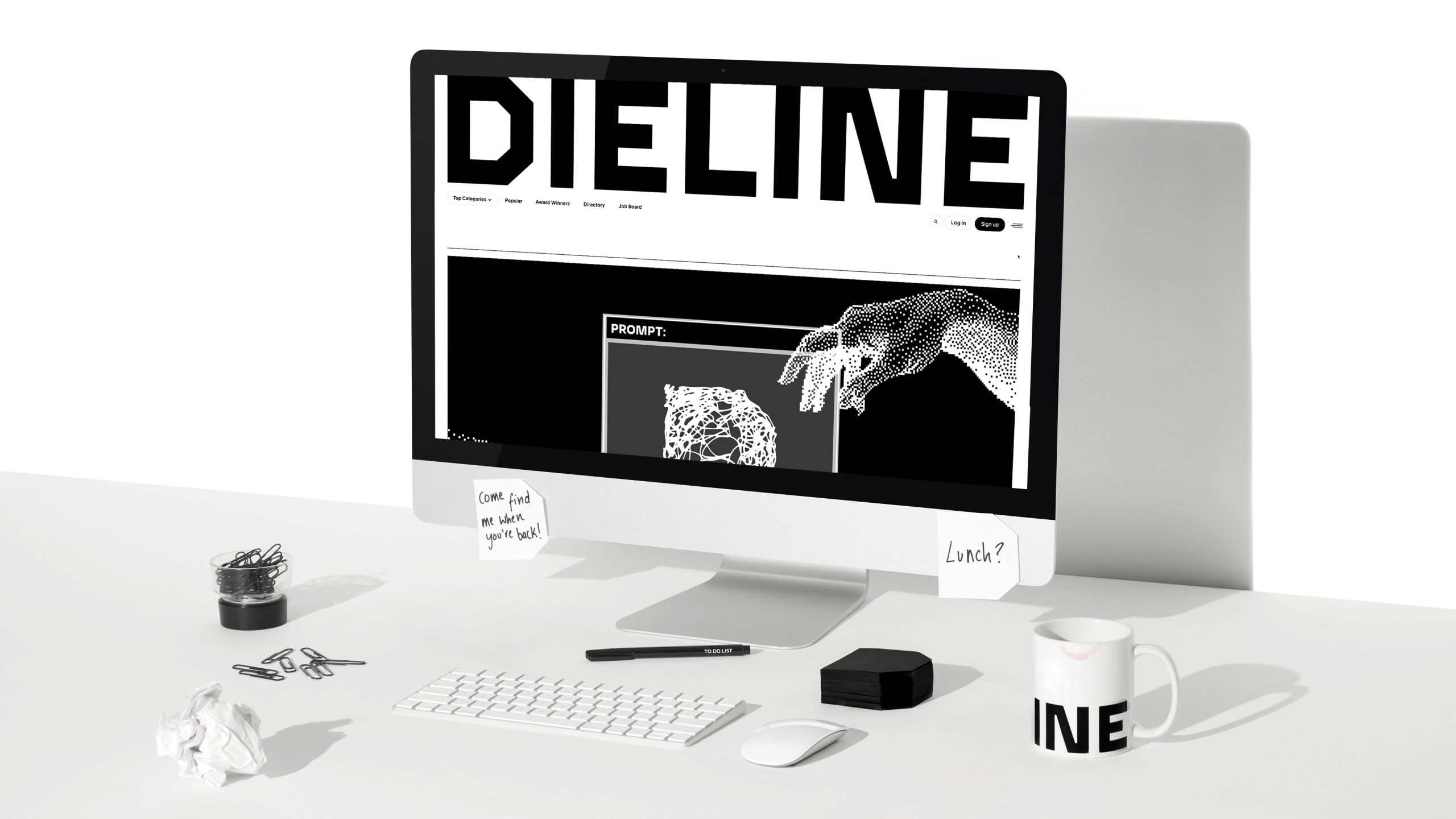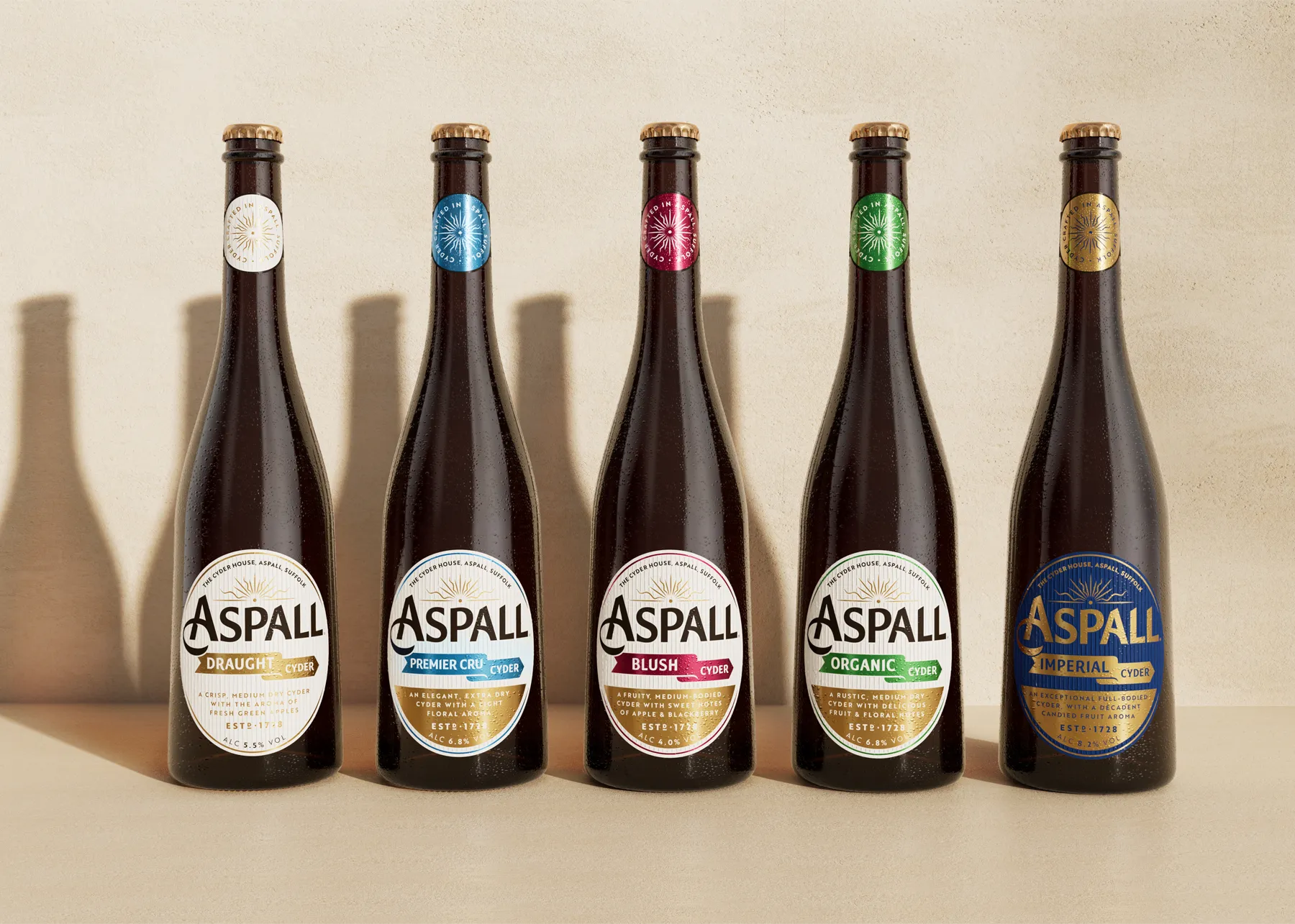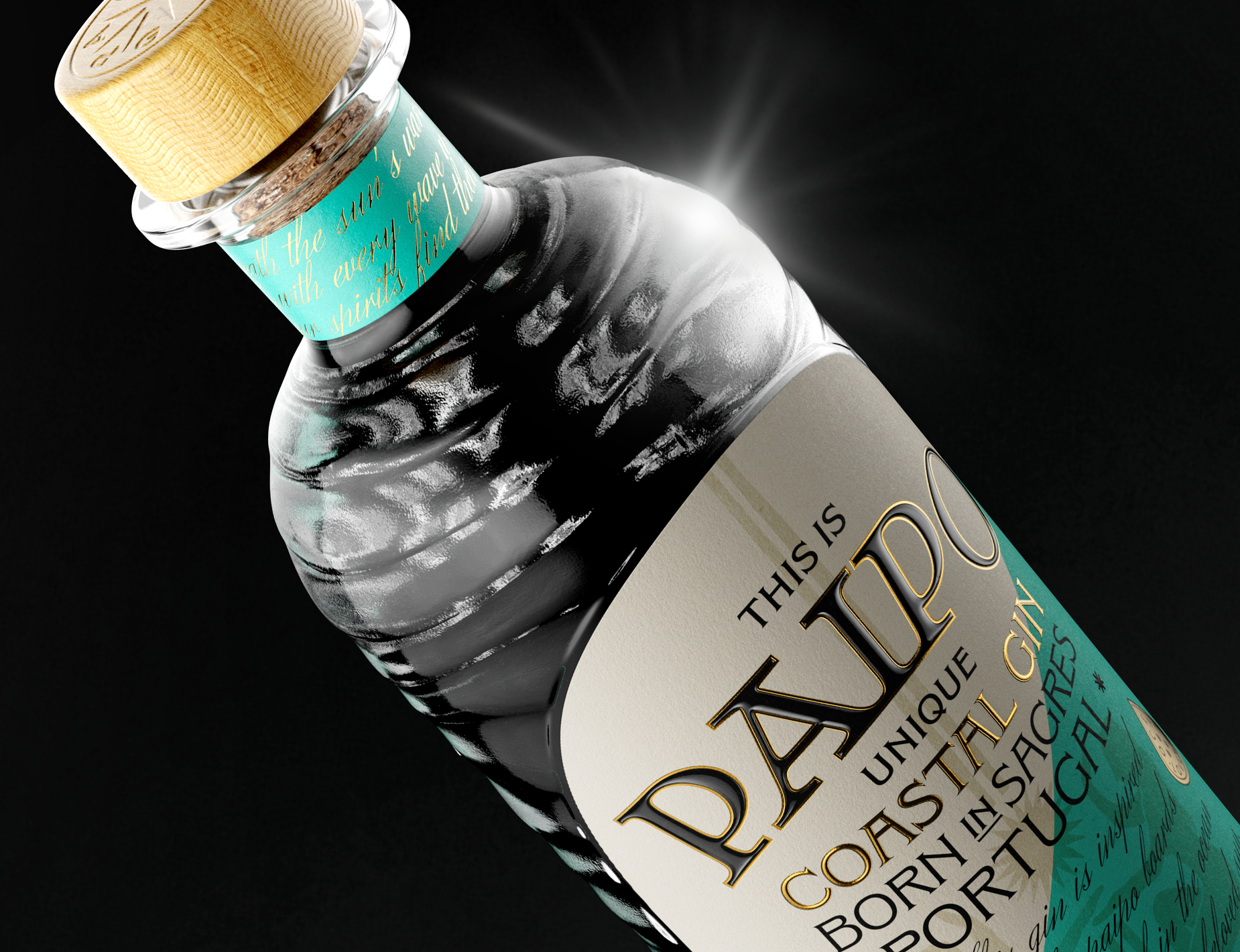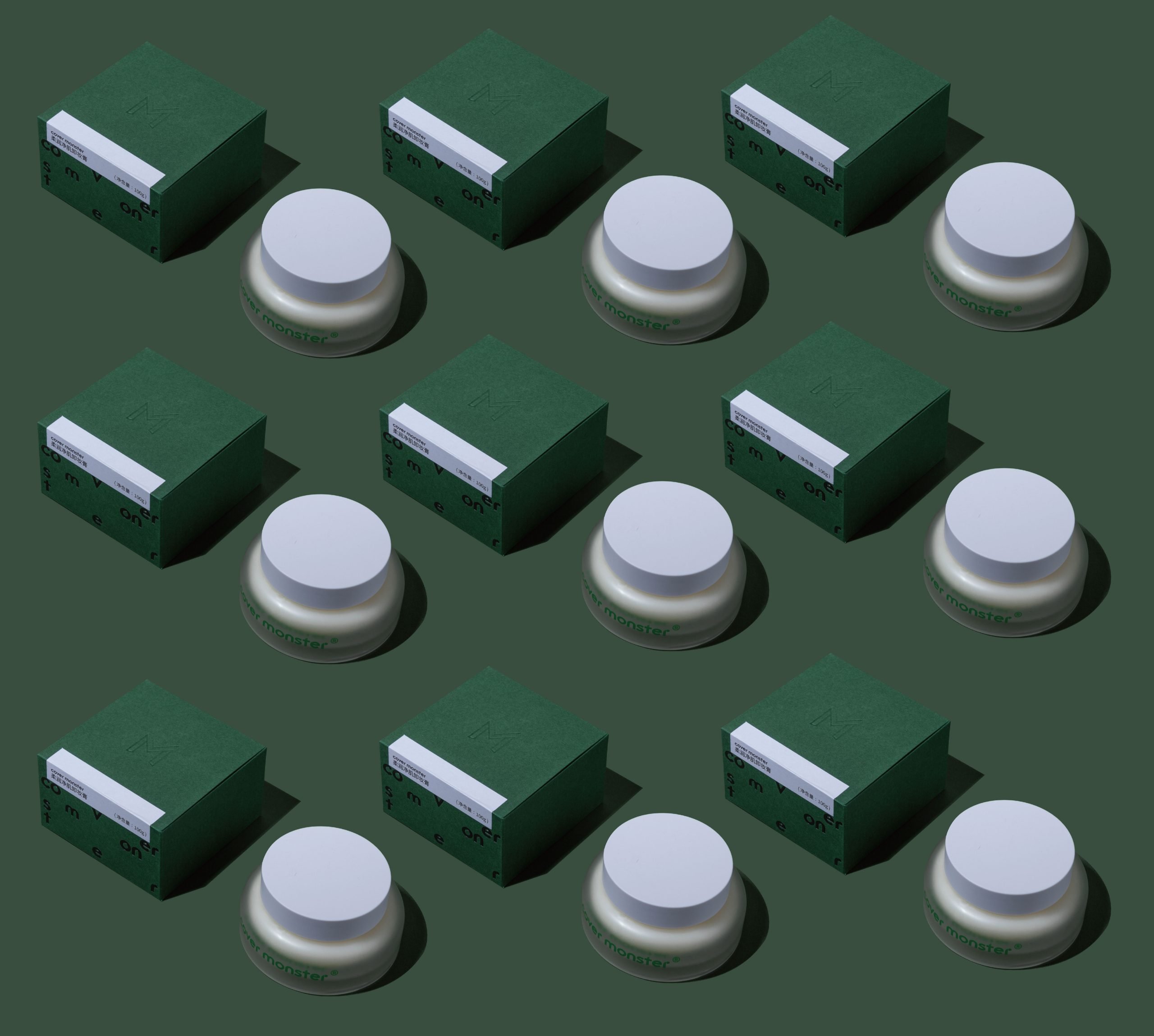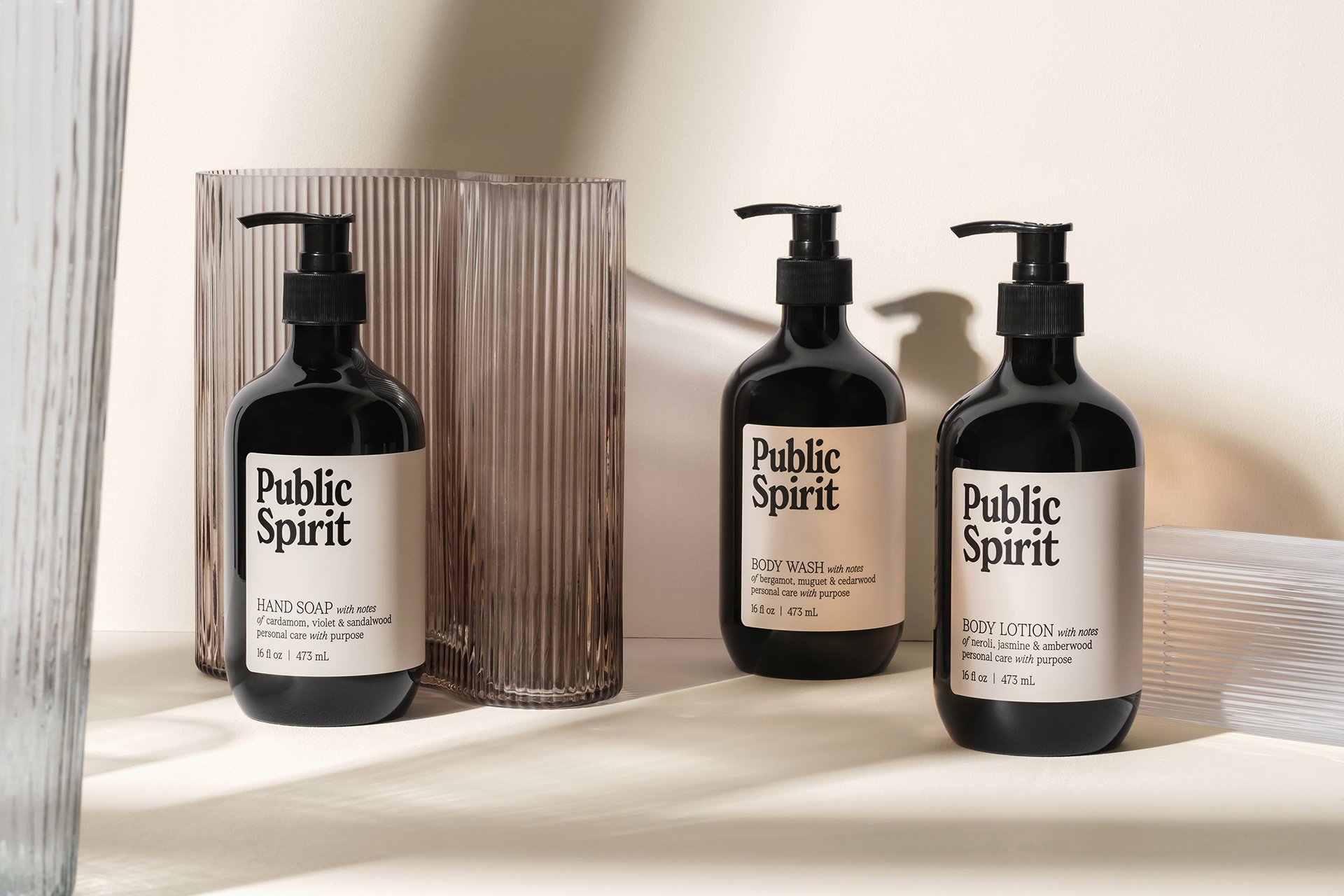Norway’s recycling program is extraordinarily successful, recycling 97% of all plastic drink bottles, with standards so high that 92% of that recycled plastic is used to make bottles. Taiwan, once nicknamed “Garbage Island,” now claims a household recycling rate of 55% and 77% of industrial waste. Germany’s recycling program boasts a 65% recycling rate, which is a source of national pride.
The United States, sadly, has a long way to go, recycling 34.7% of packaging. So, what’s so different about these recycling programs that other countries can adopt—particularly in Norway—and what makes them so successful?
A principal characteristic of many thriving programs is that there are consequences to not recycling and puts the funding of those efforts onto the manufacturer, end consumer, or both. In many recycling systems, retailers are also part of the collection process.
In Taiwan recycling costs nothing, with recycled material gathered in any bag you wish. Pickup is performed several times a week, sometimes twice daily, and the garbage trucks even play classical music to announce their arrival. Non-recycled waste gets collected in blue bags which residents must buy, and improperly sorted trash will result in a warning followed by a fine. What’s more, videos of violators with their face blurred out are posted online in an effort to shame the person into following the system. The bag purchases also financially encourage a consumer to reduce their overall waste footprint. To further incentivize recycling, the Taiwanese can also sell their cans and bottles at mass transit stations for credit.
Germany’s recycling system is, well, German. The government charges companies a “green dot” fee based on the amount of packaging used and far more consumer sorting is done in Germany than in the US. There are up to eight colors that consumers have to learn in the sorting system: glass (separated by clear, green and brown colors), paper, other recyclables (plastic, cans, mixed material), compostable biowaste and non-toxic household trash. Chemicals and batteries are collected separately, either by a different truck or at stores.
But Norway’s Herculean efforts around plastic bottle recycling might be a model for the rest of the world. Their success is in large part due to the fact they’ve made it easier for consumers to return their used vessels and recoup their deposit fees by using reverse vending machines or returning to the store where they purchased the bottle.
Most importantly, manufacturers of plastics are taxed in proportion to the amount of plastic they recycle. If 95% of material is recycled, then no environmental tax is imposed on the entire industry. All retailers are required to accept returned bottles and are paid a small fee for the collection effort.
“We want to get to the point where people realize they are buying the product but just borrowing the packaging,” said Kjell Olav Maldum, chief executive of Infinitum, the firm that administers Norway’s deposit-return system, in The Guardian last July.
The belief is that if drink makers and retailers can get the product from the manufacturer to a store shelf, then they can also collect used bottles and recycle them.
Currently, ten US states have a bottle deposit program, ranging from 4-10 cents a container. In Michigan, bottle redemption rates are consistently over 90 percent, an indicator that such a system can work in the US and other nations, but as part of a concerted, overall effort. While redemption rates in Michigan are high, recycling of other materials is among the lowest in the nation as they have a rate of 15 percent, far from the 35 percent average.
Like so many of the world’s complex problems, the solution to limiting the plastic going into the environment and reducing the need for “virgin” material is also an aggregation of many efforts. In some cases, it requires an awful lot of carrots, like Norway lowering environmental taxes if concrete targets are met. Other times a stick is needed, similar to Taiwan when non-compilers are shamed online or fined.
Every recycling program will have differences, but a common trait among many successful programs is sharing the burden of collecting and processing recyclable material with manufacturers and retailers.

